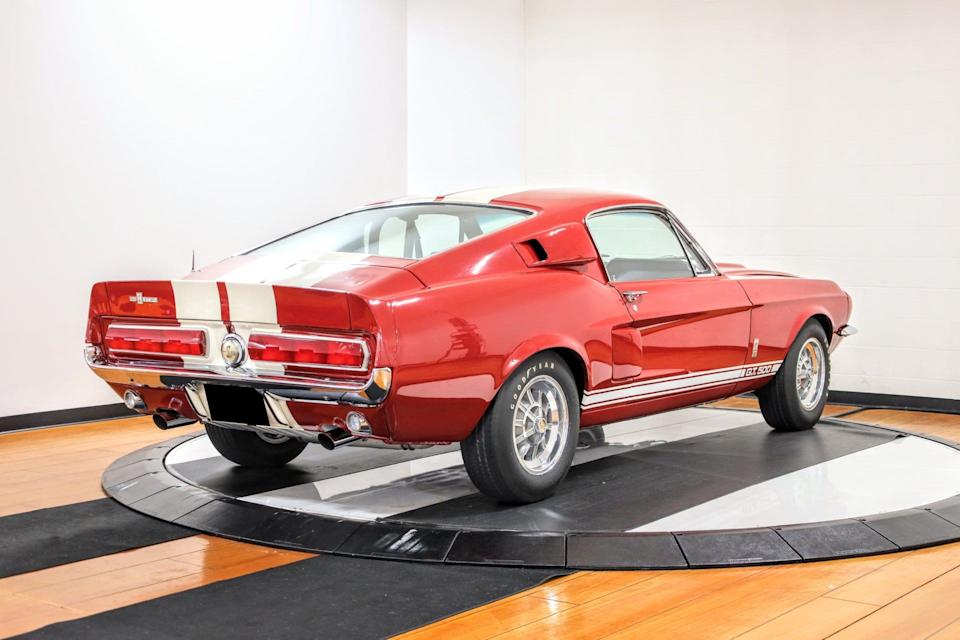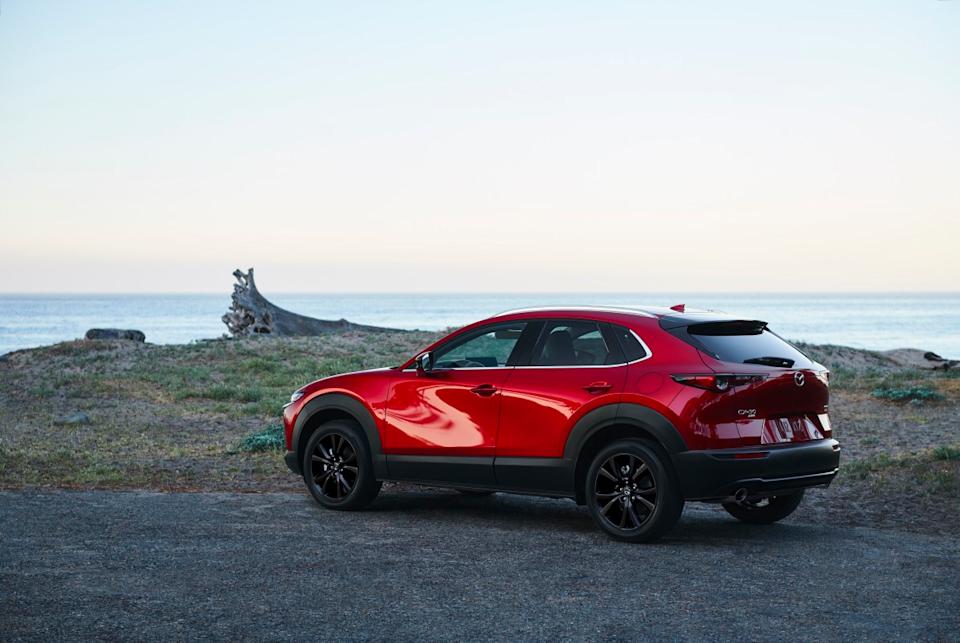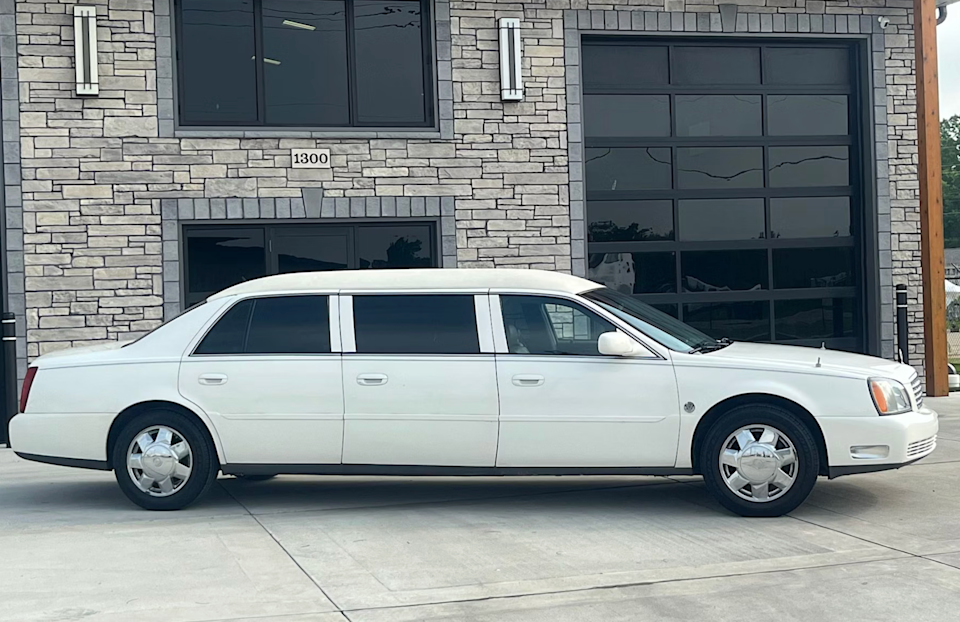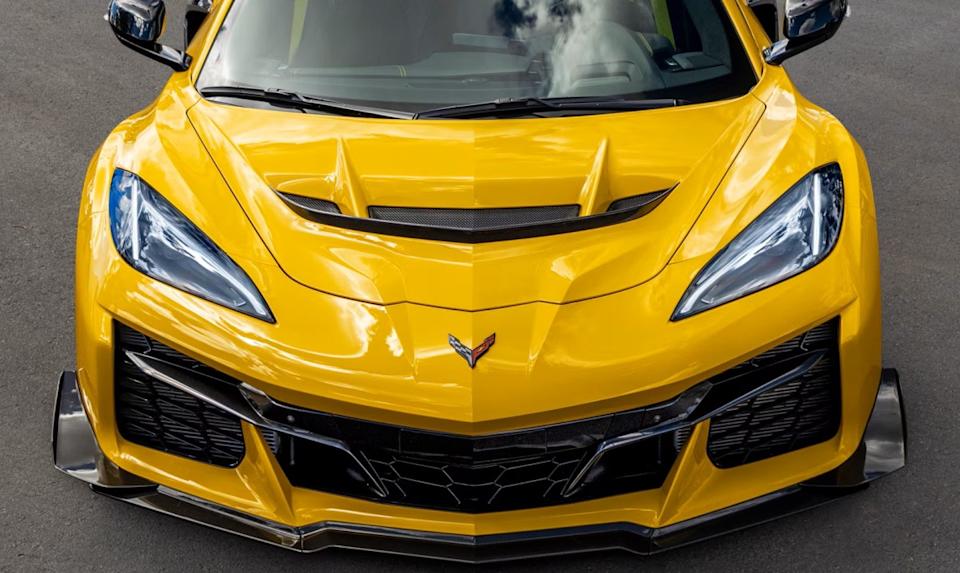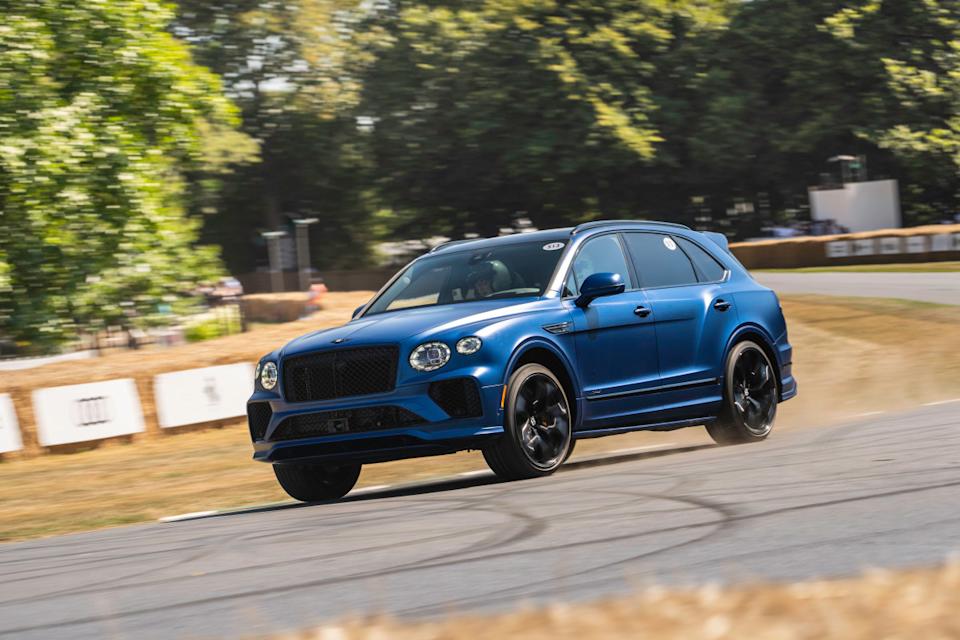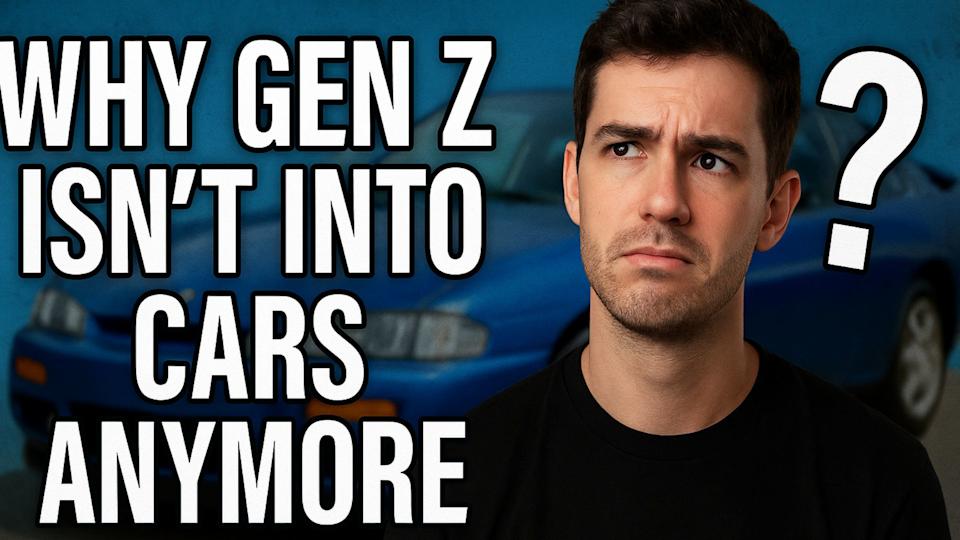
Read the full story on Backfire News
 The End of Car Culture? Why Today’s Youth Aren’t Into Cars Anymore
The End of Car Culture? Why Today’s Youth Aren’t Into Cars AnymoreGen Z isn’t killing car culture — but they’re definitely not inheriting it the same way.
For over a century, the automobile has symbolized freedom, rebellion, identity, and even masculinity. The garage was the sacred space. The open road was the proving ground. And for millions of teens, getting your license was the most important milestone of all.
But something’s changed.
Fewer Teens Are Driving — And It’s Not Just About Uber
According to the U.S. Federal Highway Administration, only about 60% of 18-year-olds had a driver’s license in 2024, compared to over 80% in the late 1990s. That number drops even more for urban teens and especially Gen Z women.
Why?
Because cars don’t mean the same thing anymore.
The Economic Reality: Cars Cost Too Much, Too Soon
Car prices are at all-time highs. Even used vehicles are expensive, with the average used car price hovering around $27,000 in 2025.
Insurance for young drivers is brutal. Some Gen Z drivers are quoted $400–$600/month for basic liability coverage.
Gas, maintenance, and repairs are unpredictable expenses.
Wages haven’t kept up. The average young worker can barely afford rent, much less a reliable car and garage space.
To many young people, owning a car just isn't a smart financial move—it’s a luxury.
Culture Shift: Cars No Longer Represent Freedom
Phones replaced cars as social lifelines. A license used to be the only way to hang out. Now, it’s all Discord, FaceTime, and TikTok.
Urban design is shifting. Many Gen Z teens grow up in cities with decent public transportation or ride-share access.
Environmental concerns are growing. Climate-aware youth often see cars—especially performance models—as unnecessary emissions.
Fewer parents are into cars, so fewer kids are raised wrenching in the garage.
Surprising stat: Only 1 in 10 Gen Z teens surveyed by AAA listed “freedom” as the top reason they wanted a car. For previous generations, it was #1.
The Loss of Real-World Car Culture
Local meets are dying, often shut down by cities over noise or crowd concerns.
Project car prices are sky-high, pricing young wrenchers out.
YouTube and TikTok show the finished builds, not the first wrench turns.
Everything feels unattainable—six-figure builds, SEMA-only cars, algorithm-driven perfection.
Key insight: Gen Z isn’t lazy or uninterested—they’re just not being invited in the way past generations were.
The Spark Isn't Dead — It’s Just Evolved
Despite all this, car culture isn't gone. It's migrating.
Digital Communities Are Thriving
Sim racing (Assetto Corsa, iRacing, Forza) is more than a game—it’s a gateway.
TikTok and YouTube creators are blending gaming, humor, and car builds in new ways.
Young builders like Jimmy Oakes, Collete Davis, and ThatDudeinBlue are reshaping how gearheads connect.
Niche Scenes Are Rebuilding the Foundation
Budget off-roading, low-buck drift builds, and junkyard projects are gaining traction.
More young women and LGBTQ+ creators are claiming space in the scene, broadening car culture beyond its macho roots.
Electric conversion projects are sparking new interest—performance meets sustainability.
Social Media Made Wrenching Cool Again
“Trash builds” and “$1,000 projects” are performing better than supercar content.
Creators are breaking down complicated installs and lowering the intimidation factor.
So, What Will Save Car Culture?
Accessibility. The barrier to entry has to come down—more DIY, more realism, fewer show cars pretending to be daily drivers.
Mentorship. Parents, uncles, aunts, older enthusiasts—invite them in. Give them tools. Let them fail.
Real-world spaces. Cities must protect and support legal places for meets, track events, and wrench nights.
Media that shows the journey, not just the finish line. Gen Z values authenticity.
"Don’t show me your polished engine bay. Show me the busted bolt you broke learning how to fix it."
TL;DR — Why Gen Z Isn’t Into Cars (Yet)
Reason
Impact
High cost of entry
Pricing out new drivers and builders
Digital-first social lives
Less urgency to own or drive
Climate concerns
Combustion cars viewed as problematic
Cultural shift
Cars aren't central to identity like before
Lack of local support
Fewer legal meets, affordable builds, real mentors



